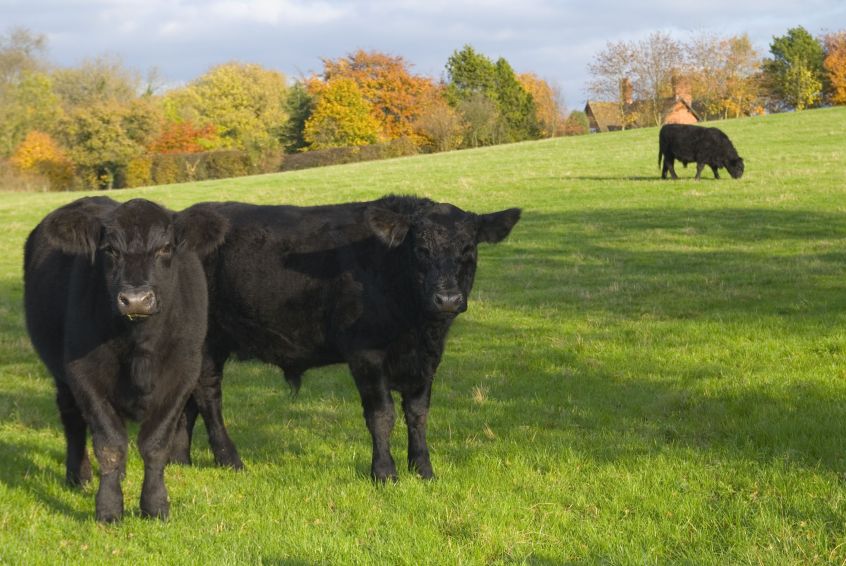
Specially targeted farm subsidies could improve animal welfare to meet the government’s ambitions for the highest quality food standards post-Brexit, claims the RSPCA.
The animal charity’s proposals include ring-fenced funding for training, infrastructure and enrichment to improve animal welfare.
It also includes financial support for farmers when market prices fall meaning higher welfare products are being sold at a loss to the farmer.
As plans progress for the UK to leave the EU, the government is considering the best options for supporting farmers once the EU farm subsidy ‘CAP’ system ends.
Having committed to maintaining and improving the high standards of UK food products post-Brexit, the government also acknowledges that the increased costs inherent in producing higher welfare food means that farmers need financial incentives to achieve this goal.
'No-brainer'
Speaking at the Oxford Real Farming Conference on Thursday 4 January, RSPCA Head of Public Affairs David Bowles said paying farmers to achieve high animal welfare standards is a "no-brainer".
“Farm subsidies targeted at animal welfare will be good for new trade deals, good for consumers and good for the animals,” Mr Bowles said.
“If post-Brexit farm support schemes include ring-fenced incentives for farmers to improve animal welfare, the government’s laudable ambitions for the UK to produce the highest quality food will be met.
“This, coupled with Environment Secretary Michael Gove’s newly announced comprehensive food labelling system which includes, amongst other things, indicators on animal welfare standards, would be the icing on the cake.
“As the UK leaves the EU and nationalises the farming support system this presents us with a once-in-a-generation chance to radically transform the Common Agricultural Policy (CAP) into a British policy for humane animal and sustainable land management.
“If we get it right now, the UK’s food quality can become the world’s gold standard - and that can only happen with the highest possible animal welfare.”
Financial help
Although certain farming sectors such as laying hens are now able to command a premium price for their high welfare products, other sectors such as dairy and beef cows are not able to and would need financial help to improve their welfare standards.
The RSPCA has identified three funding areas that would help improve animal welfare while complying with world trade rules.
Support could include capital costs, including higher welfare training and improved housing of herds, ongoing production costs when market prices for higher welfare products would produce a financial shortfall and ongoing costs, such as improving enrichment or providing access to pasture or straw.
The RSPCA recommends that animal-welfare-related subsidies should be delivered via the devolved Rural Development Plans.
There are currently 29 European schemes aimed at improving welfare, most of which have been over-subscribed, showing the desire from farmers to improve the welfare of their animals.
